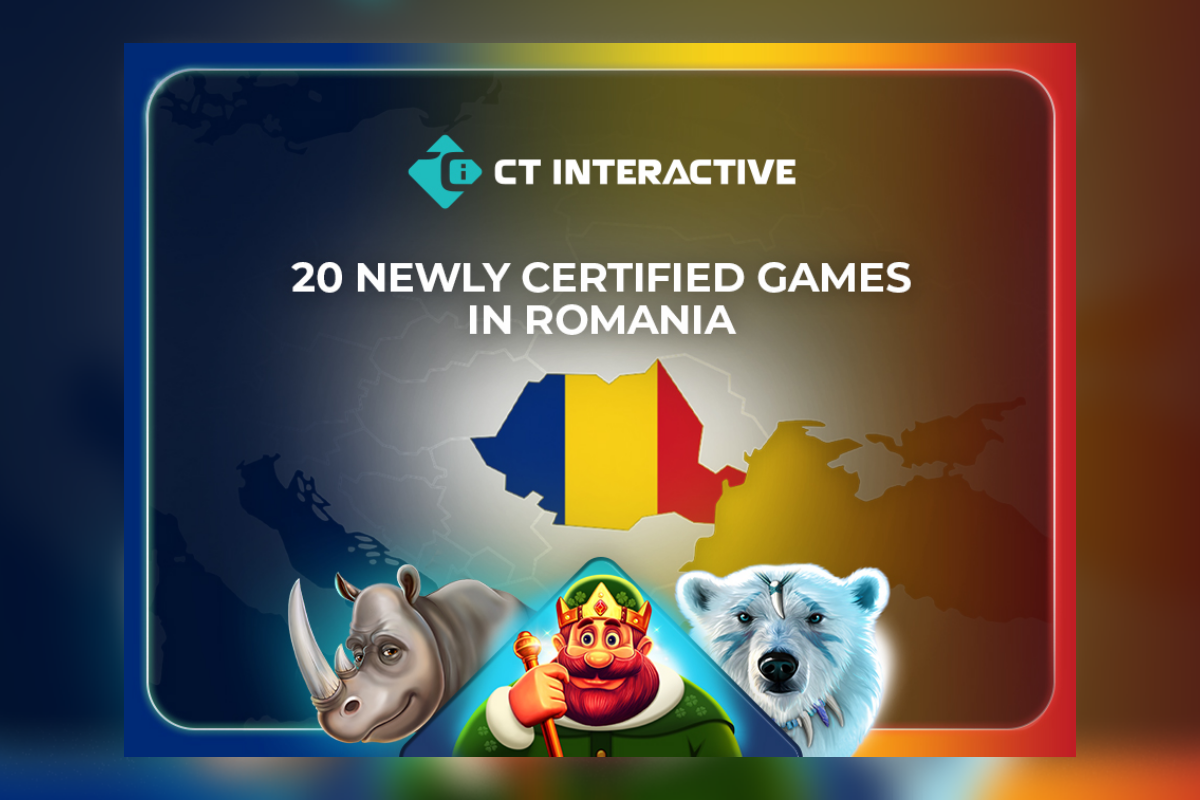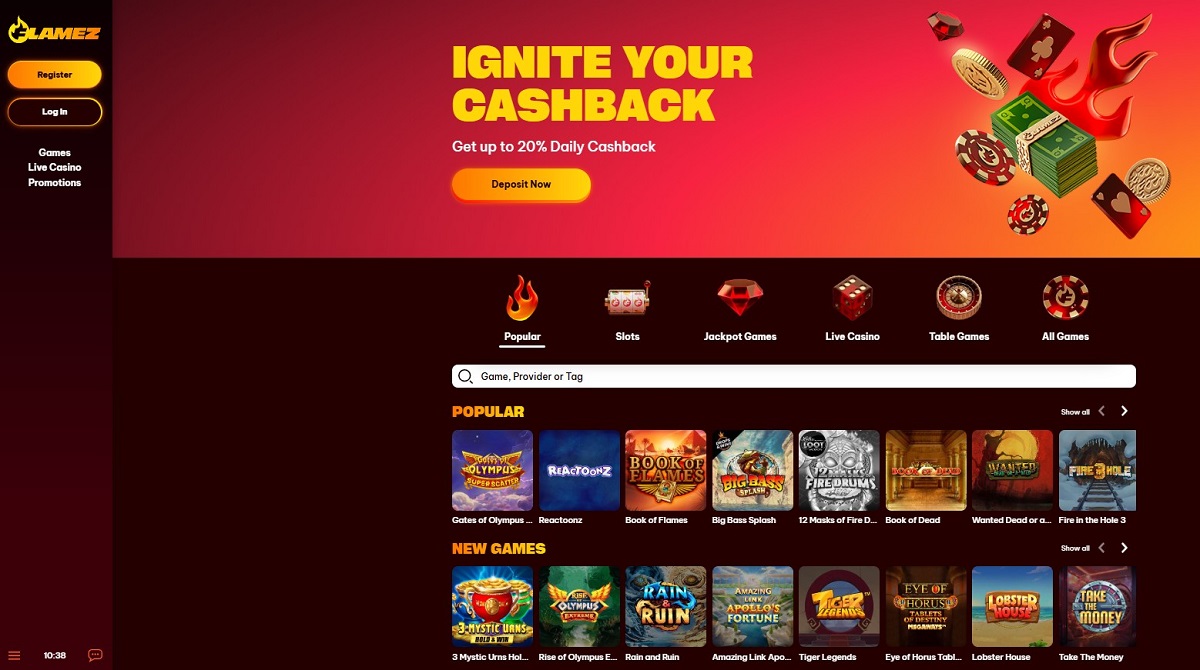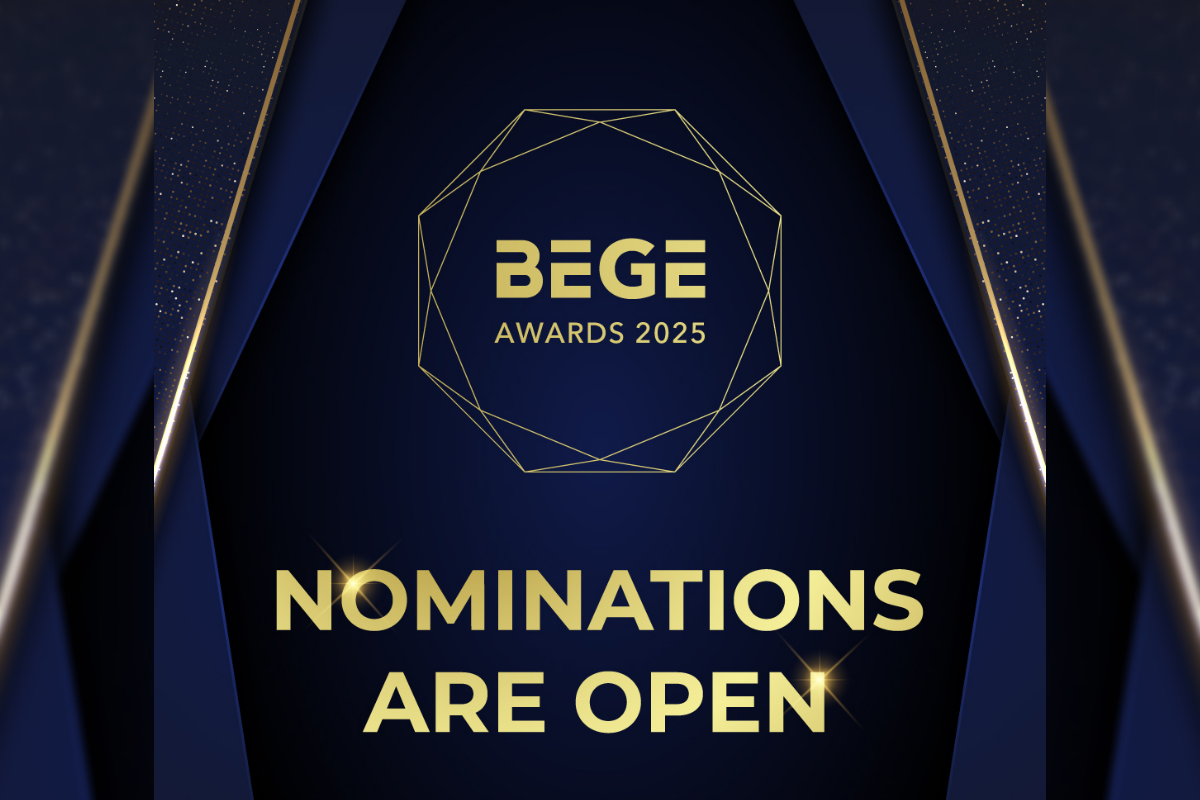Gambling in the USA
US Supreme Court ruling and Blockchain growth may launch sports gambling into mainstream

Bookies or bookmakers were names so because they once carried a hard-bound ledger – or book – to track the various bets they took on sporting events.
So it is natural for Blockchain, the 21st century ledger that only exists in cyberspace, to revelutionalise betting, especially now that the U.S. Supreme Court has legalised sports gambling.
The ruling basically allows individual states to decide whether or not to approve gambling.
The states are unlikely to extend the ban on batting, given the potential amount of money (and tax revenue) at stake. Illegal gambling in the United States reportedly amounts to $150 billion a year.
Any large amounts of money changing hands requires payments technology that ensures speed and accuracy of transactions. But Blockchain seems especially well suited to sports gambling. The technology can provide global transparency and legitimacy to a black market industry people consider particularly opaque and shady, given gambling’s previous ties with organised crime and mysterious entities in Panama and Costa Rica.
“There have been numerous documented cases in which providers of illegal gambling have been found to cheat customers on payouts, cheat the U.S. government by not paying taxes on profits and using illicit profits to support other forms of organized crime activity,” according to a report by the American Gaming Association and Virginia Commonwealth University. “In this way, illegal gambling operations support organized crime and victimize others, rather than benefit patrons.”
The report identified groups like the Armenian Power Group, Costa Nostra families in New York and Philadelphia, and the Outlaws Motorcycle Group as complicit in illegal gambling.
The growing adoption of cryptocurrencies and Blockchain, as we noted in our previous report, combined with the Supreme Court ruling could transform gambling in the United States into a fully legitimate industry.
Even before the high court ruling, gamblers have already been employing Blockchain and cryptocurrencies to wager on sporting events.
In e-sports, for example, people can use digital coins to bet on professional players who compete on sports video games.
Billionaire and Dallas Mavericks owner Mark Cuban last year backed Seattle e-sports startup Unikrn’s $30 million plus initial coin offering. Gamblers can use UnikoinGold digital coins, about one billion in circulation, to bet on online games like League of Legends, Defense Against the Ancients (Dota) and CounterStrike.
“Growth in gambling is going to accelerate,” Cuban told CoinDesk. “Unikrn is better positioned than any other company to leverage that growth not only with their core business , but with blockchain.”
Venture capitalists have already been pouring money into e-sports. From 2013 to 2016, investment in e-sports startups more than quadrupled to $1.5 billion from $309 million, according to CB Insights research firm.
Blockchain could be the industry’s missing piece. The technology not only provides transparency and security to transactions but also accuracy. A big problem in gambling is that parties could renege on bets or cancel them all together after the match. With Blockchain, no one can alter a record without consensus from the entire community.
“There is one ingredient that stands out in steering token gambling towards a presidential state, Blockchain,” according to a report by Esports Insider. “Essentially an ecosystem for cryptocurrency transactions, this advanced software maintains a clear and concise history of all crypto interactions in a lightning-fast, public, and accurate manner.”
FansUnited, a social sports betting platform in Vancouver, rolled out its own digital currency called FansUnite Token (FAN) based on the Ethereum smart contract platform. The goal is to ensure accuracy of the bets on the five major sports leagues (Major League Baseball, National Basketball Association, National Football League, National Hockey League and FIFA) and speed deposits and withdrawals of funds.
“Traditionally, connecting customers with inherent utility in a gambling product required expensive gateways controlled by firms that don’t have the customers best interests in mind,” the company said in a blog post last fall. Especially for North American bettors, depositing money into an offshore bookie is often a disappointing and risky move.
FAN is “a token which avoids all of the troublesome payment problems associated with legacy gambling,” FansUnited continued. “By connecting FAN value directly to Ethereum, we are betting on the stability and future value of the Ethereum roadmap. Smart contracts are a natural fit for sports gambling, ensuring contracts are honored exactly as entered — no reneging or canceling of bets.”
The Supreme Court ruling will likely lead to an explosion in sports gambling. So sports gambling will need technologies like Blockchain and cryptocurrencies to speed the mainstreaming of activities that have long lurked in the shadows.
Source: sharespost.com
-

 Interviews7 days ago
Interviews7 days agoHIPTHER Community Voices: Alieu Kamara – Founder and CTO of AmaraTech
-

 Compliance Updates7 days ago
Compliance Updates7 days agoCT Interactive grows its certified portfolio in Romania
-

 Asia7 days ago
Asia7 days agoMetal Genesis Announces “Barrel of a Gun” Song Collab with Priscilla Abby
-

 Latest News7 days ago
Latest News7 days agoFrom gut feeling to game-changer: how AI is rewriting the rules of sports betting
-

 Latest News7 days ago
Latest News7 days agoWeek 36/2025 slot games releases
-

 Latest News7 days ago
Latest News7 days agoFlamez – A Fiery New Online Casino Contender from Ganadu
-

 Latest News7 days ago
Latest News7 days agoProgressPlay to Unveil Standalone Platform Upgrades at SBC Summit 2025
-

 Conferences in Europe7 days ago
Conferences in Europe7 days agoEurasia and the Middle East in Focus at SBC Summit 2025 Emerging Markets Stage














